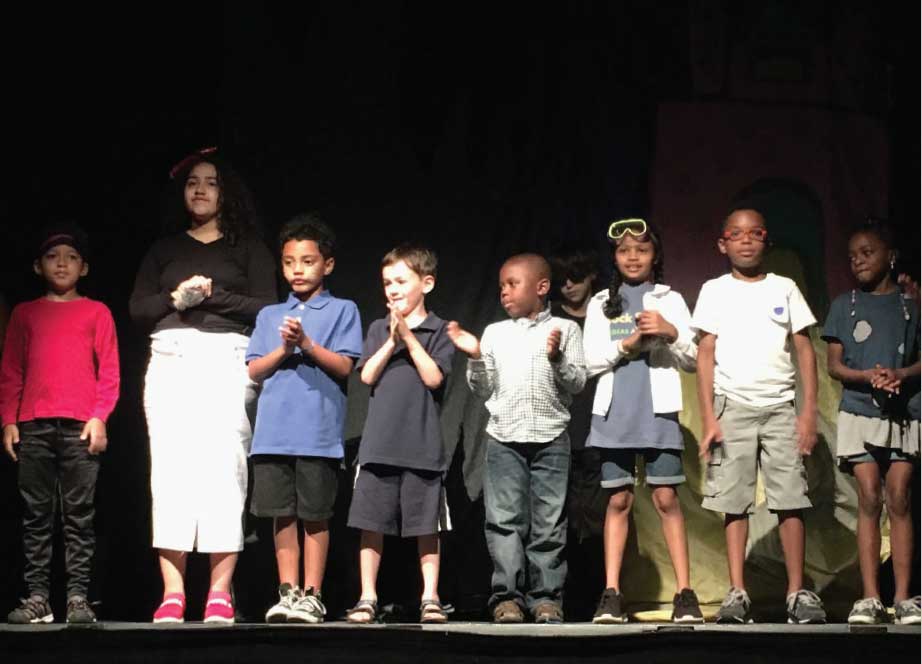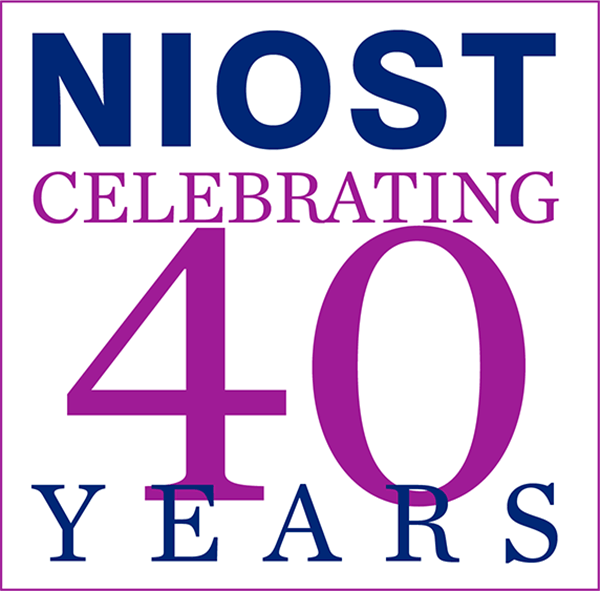Moving Forward from Here: Building a Just and Equitable World
June 2, 2020
 By NIOST DIrector and Senior Scientist Georgia Hall. As if quarantine, loss of parent jobs, food insecurity, and transition to homeschooling weren’t enough of a burden for our children, the ugly, persistent specter of racism raised itself again into widespread consciousness over the last week in multiple and heart-wrenching ways. And even birdwatching became a focal point, after a White woman falsely accused Christian Cooper, a Black man, of threatening her in Central Park while he was birdwatching, and his sister Melody Cooper posted the video to Twitter.
By NIOST DIrector and Senior Scientist Georgia Hall. As if quarantine, loss of parent jobs, food insecurity, and transition to homeschooling weren’t enough of a burden for our children, the ugly, persistent specter of racism raised itself again into widespread consciousness over the last week in multiple and heart-wrenching ways. And even birdwatching became a focal point, after a White woman falsely accused Christian Cooper, a Black man, of threatening her in Central Park while he was birdwatching, and his sister Melody Cooper posted the video to Twitter.
We went to school together--Christian, Melody, and me. Their mom was my eighth grade English teacher. Demanding--but highly inspiring. It was no surprise they both have turned out to be writers and are using their voices to speak up for justice. We were in speech and debate club together; just last month I recollected those experiences in my foreword to the Spring 2020 issue of our Afterschool Matters journal.
It’s hard not to ask “How did we get here, again?” But it is more important to ask, “How do we move forward from here?” I know that part of the work lies in the hands of educators and out-of-school time and youth development professionals. As I listen to news reports and read editorials, essays, and social media posts from this past week, it’s abundantly clear that we in this field, along with parents and teachers, need to talk with children about racism.
We have answered this call before. Historically, our programs have been places where children can find safety, support, empathy, and empowerment. Out-of-school time and youth development workers have stretched in so many new ways to still be present to their communities of children and youth during the pandemic. We are going to need to do more of what we have done well for so many years, even if it needs to happen online--to listen, to be open-minded, to self-reflect, to help others reflect, to sustain, to name the history of hurt and oppression in our country. Our crisis context has shed a needed light on the critical role that this field plays in building a just and equitable world.



